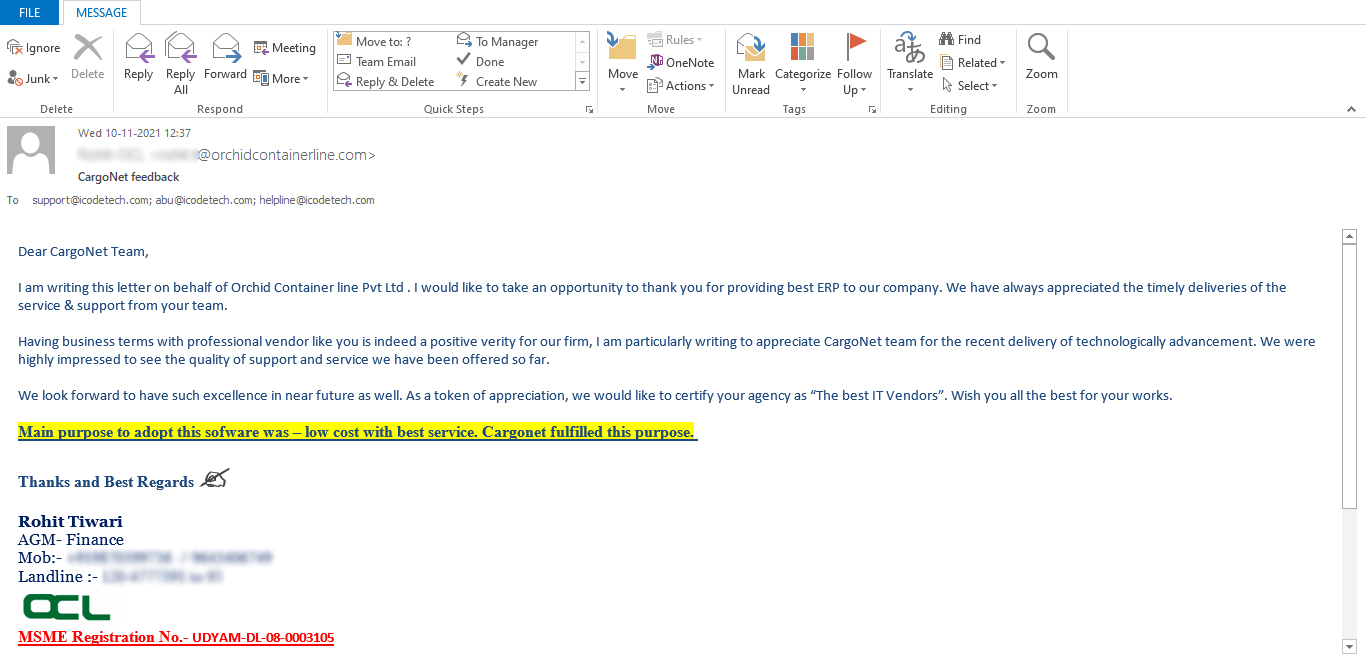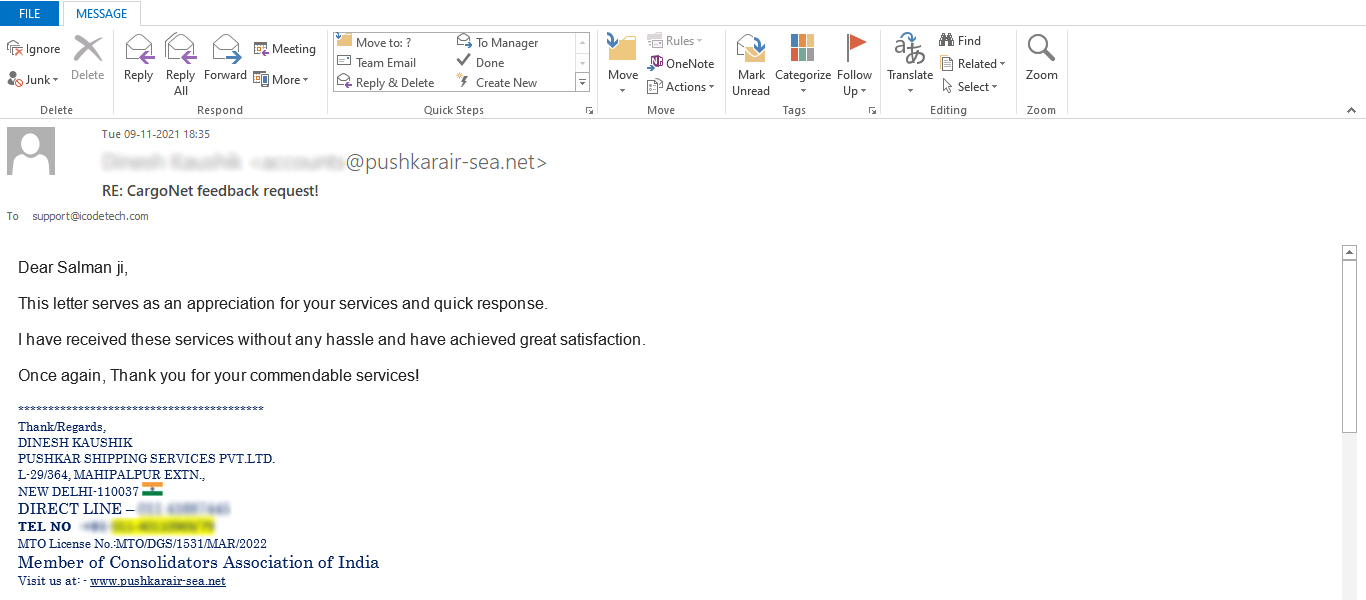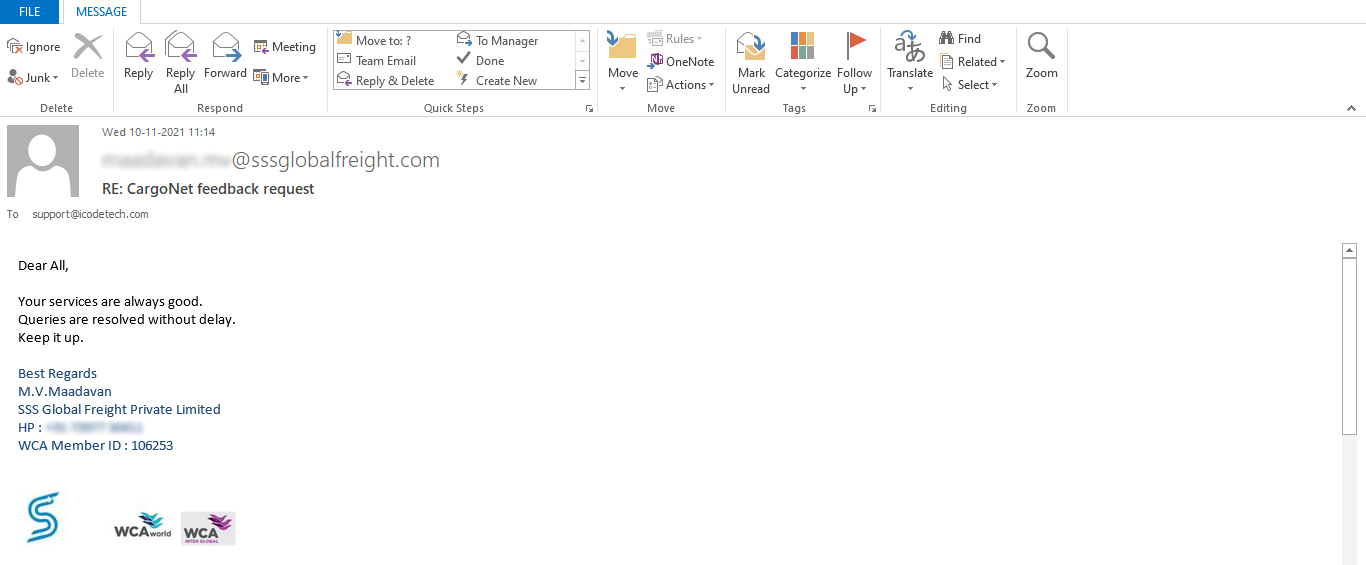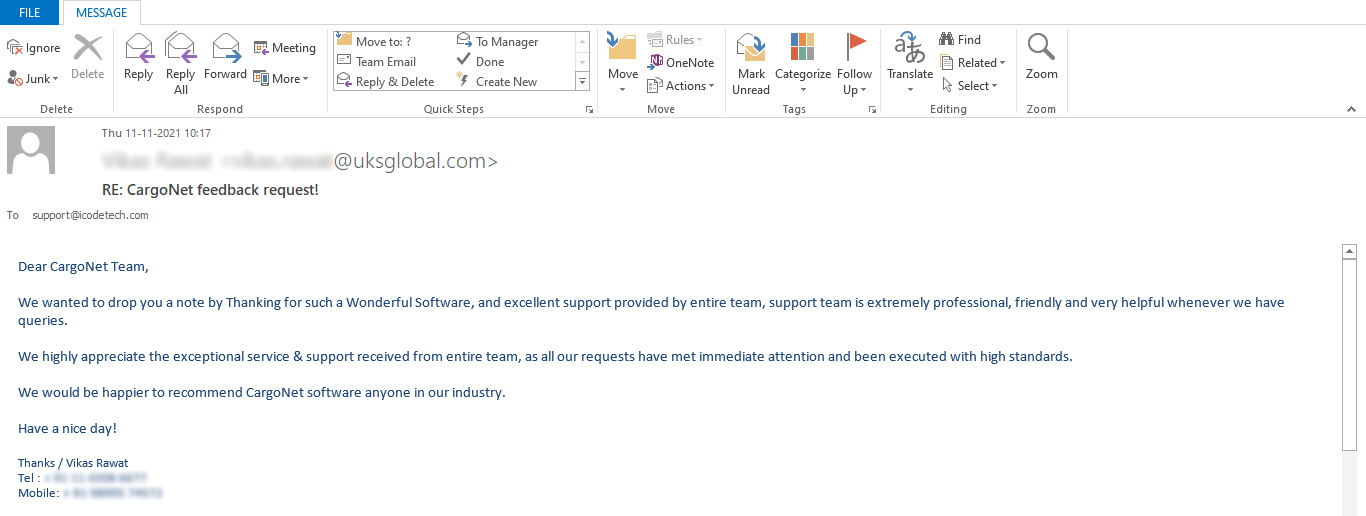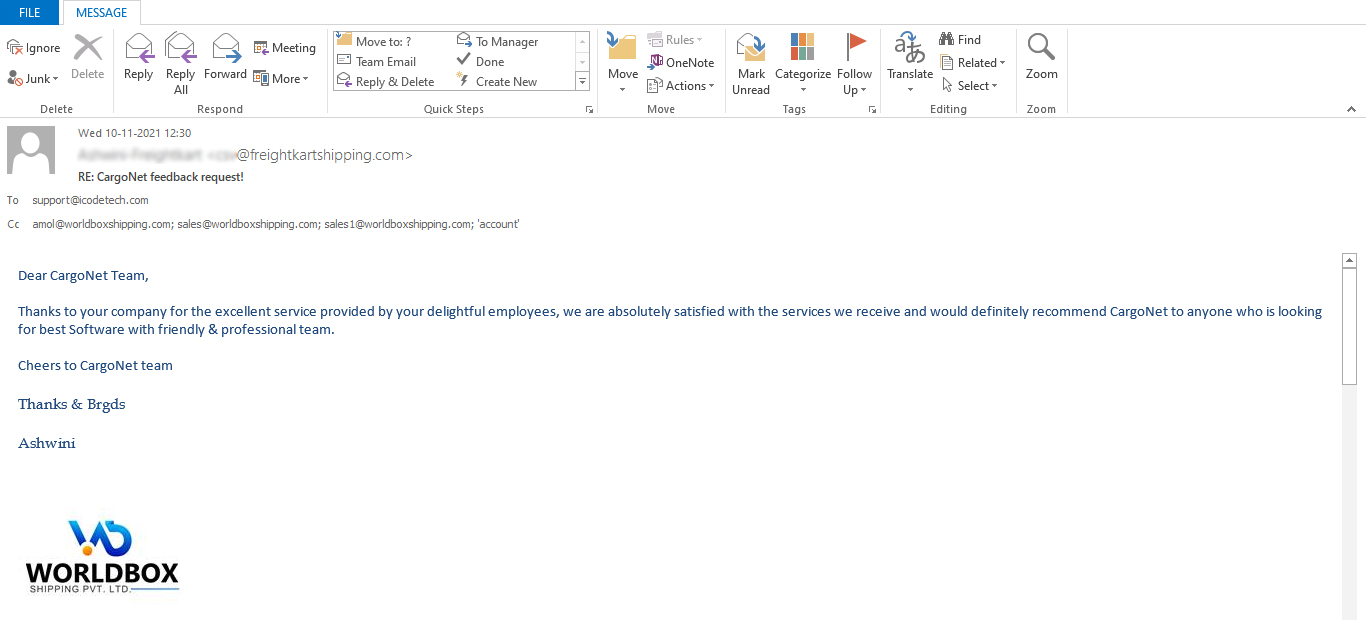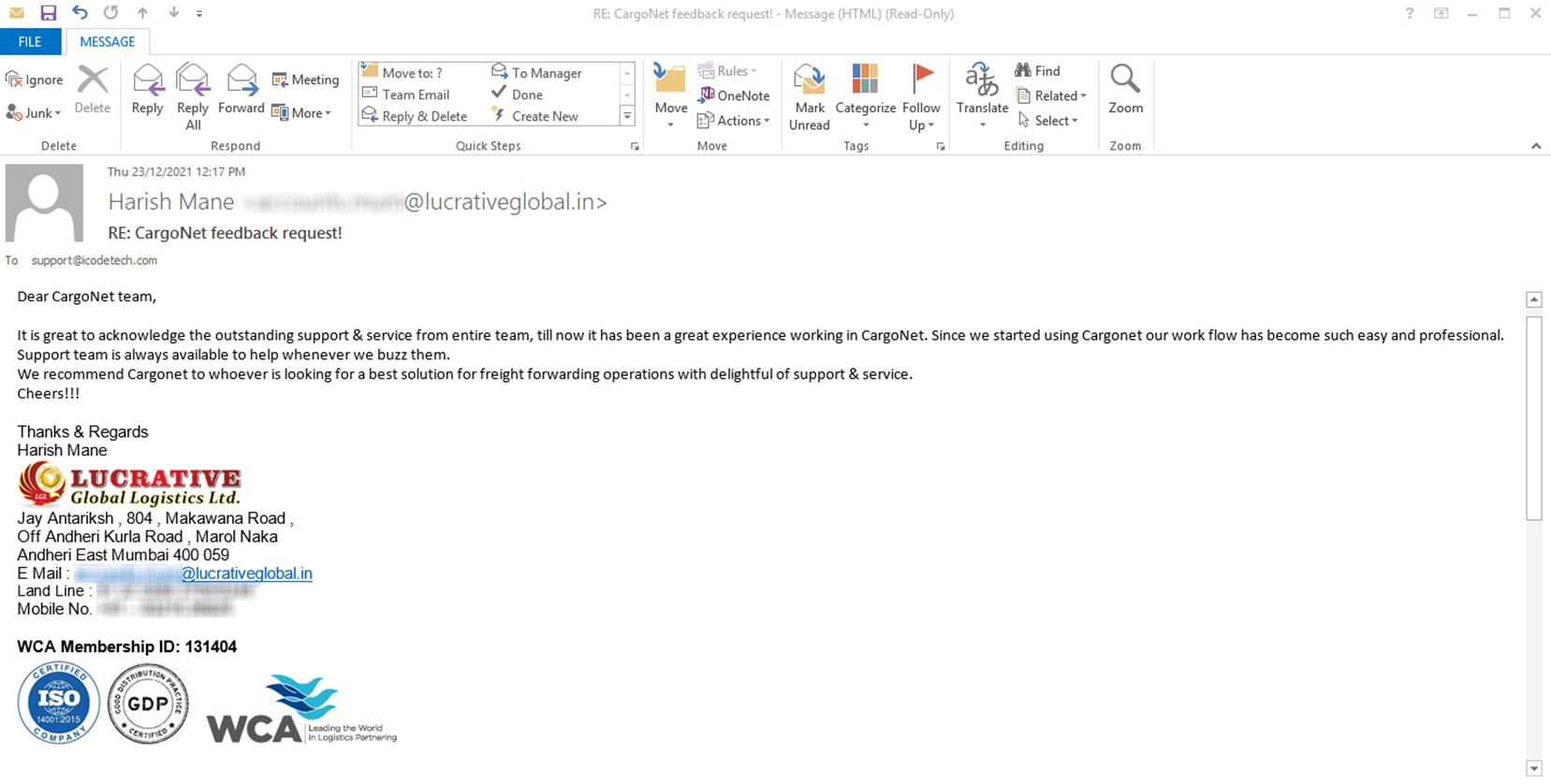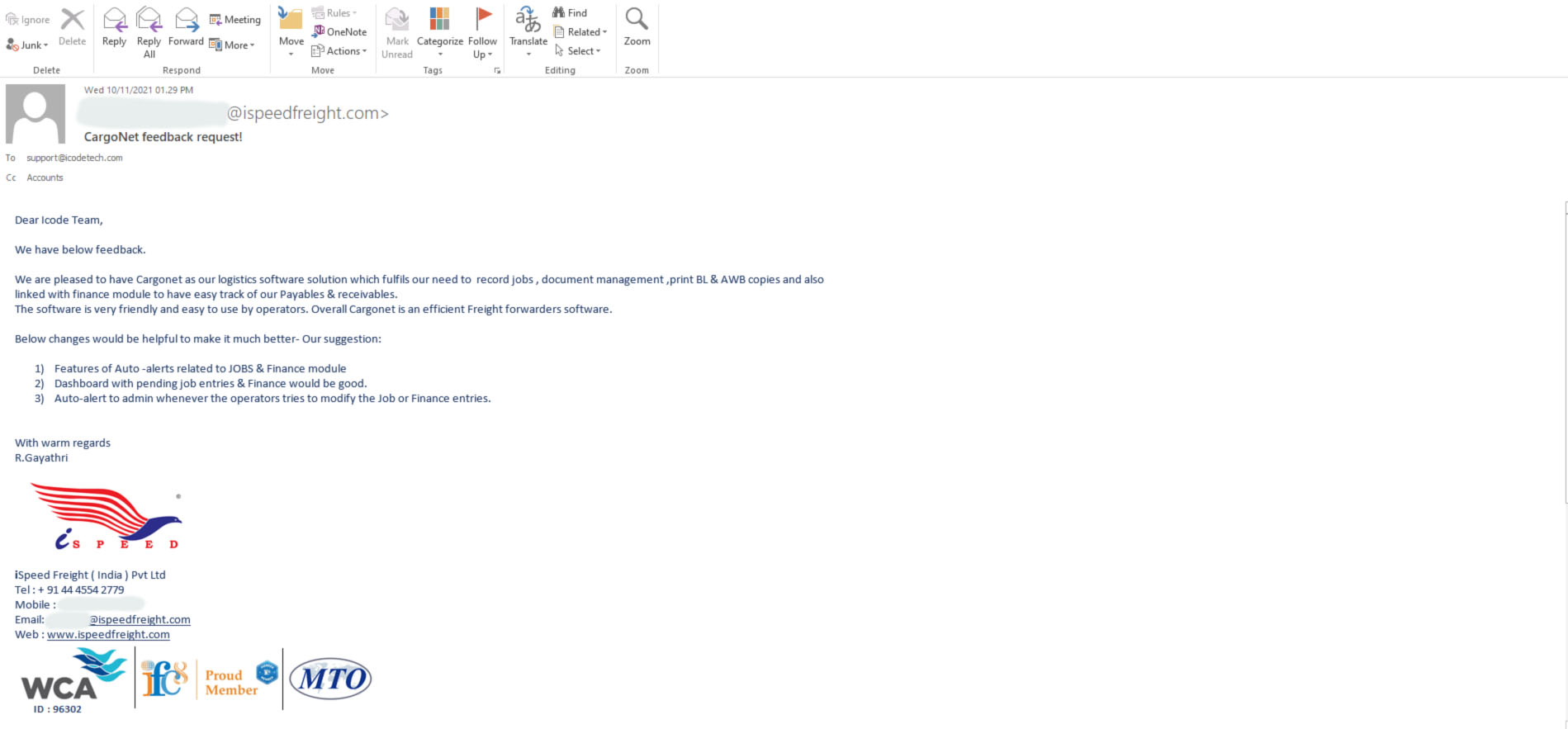India’s toy industry is gaining international recognition—not just for creativity, but for quality. According to the Bureau of Indian Standards (BIS), India’s toy manufacturing standards now exceed global norms, helping domestic players expand into international markets with confidence.
The BIS has aligned its safety frameworks with global standards from the ISO and IEC, covering a comprehensive range of physical, chemical, and electrical safety requirements. These standards are backed by the Toys (Quality Control) Order, 2020, enforced by the Department for Promotion of Industry and Internal Trade (DPIIT) since January 1, 2021.
Why It Matters:
- Mandatory ISI mark: All toys sold in India—domestic or imported—must meet seven Indian standards and carry the ISI mark under a valid BIS licence.
- Export-ready quality: India's toy standards are not only compliant but optimized for local climate and user behavior, giving Indian products an edge in global markets.
- Market growth: The number of BIS-certified toy manufacturers has reached 1,640, including:
- 1,165 licences for non-electronic toys
- 475 licences for electronic toys
Industry Voices:
“Our standards address Indian conditions—humidity, temperature, and user patterns—which global benchmarks often miss. This gives us a competitive advantage,” said Mr. Adbhut Singh, Scientist E and Director at BIS’s Western Regional Office Laboratory (WROL), Mumbai.
“BIS certification pushed us to innovate. We now produce over 1 lakh toys a month and grew to ₹25 crore (US$2.9M) in FY25,” shared Mr. Moiz Gabajiwala, CEO, Zephyr Toymakers Pvt Ltd, who aims for 20% growth in FY26.
Safety First:
- BIS compliance eliminates common toy hazards: choking risks, sharp edges, and toxic substances.
- 99% of raw materials are locally sourced, creating a stronger domestic supply chain and lowering environmental impact.
Support for MSMEs:
- Testing relaxations and training programs help small manufacturers become BIS-compliant without facing excessive costs or delays.
The Big Picture:
With BIS playing a proactive role in quality assurance and compliance, India is not just protecting its children—it’s building a globally competitive, self-reliant toy manufacturing ecosystem. This transformation is a powerful example of how smart regulation and innovation can turn a domestic industry into an export engine.




